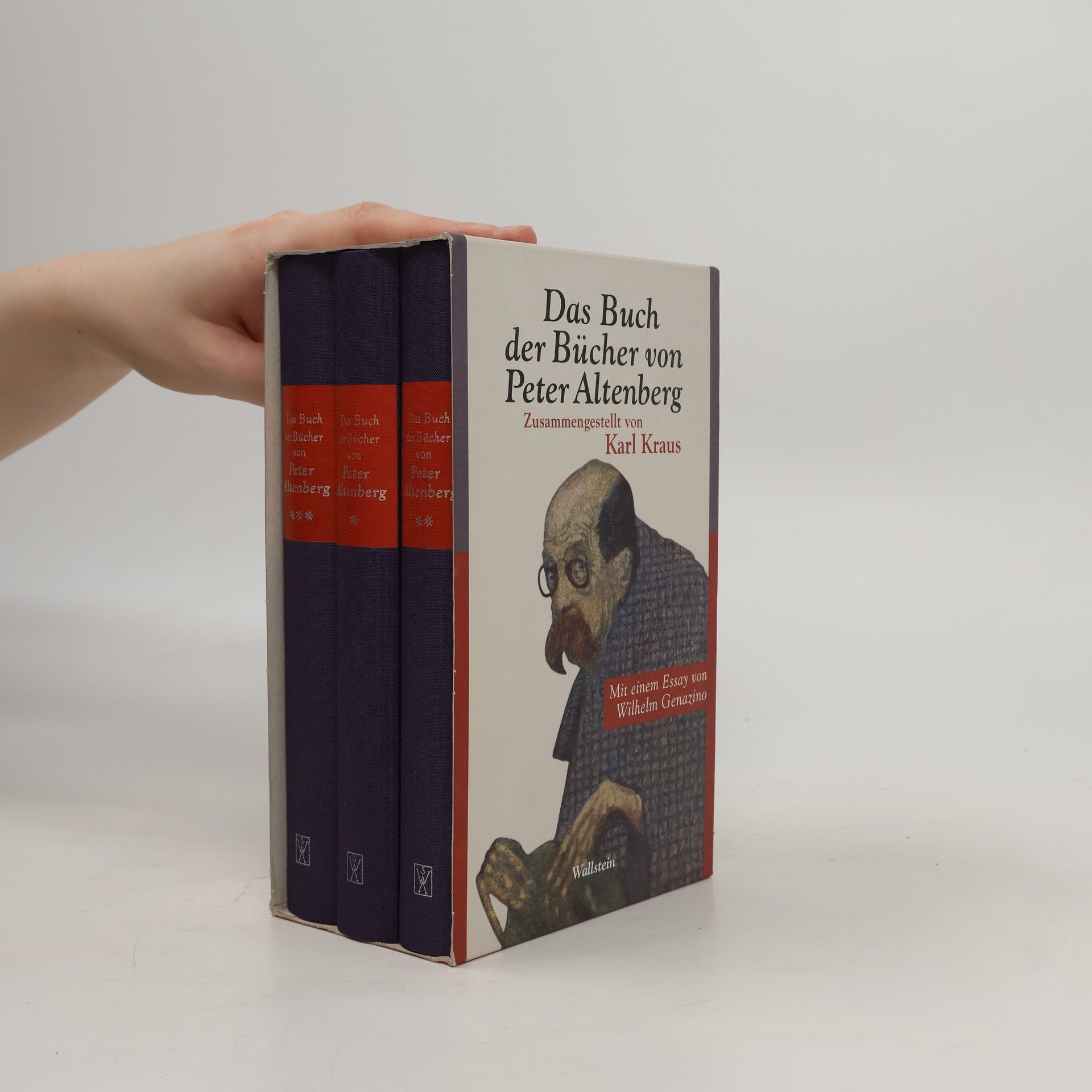The Third Walpurgis Night
- 320 pages
- 12 hours of reading
"Now available in English for the first time, Austrian satirist and polemicist Karl Kraus's Third Walpurgis Night was written in immediate response to the Nazi seizure of power in 1933 but withheld from publication for fear of reprisals against Jews trapped in Germany. Acclaimed when finally published by Kösel Verlag in 1952, it is a devastatingly prescient exposure, giving special attention to the regime's corruption of language as masterminded by Joseph Goebbels. Bertolt Brecht wrote to Kraus that, in his indictment of Nazism, "You have disclosed the atrocities of intonation and created an ethics of language." This masterful translation, by the prizewinning translators of Kraus's The Last Days of Mankind, aims for clarity where Kraus had good reason to be cautious and obscure"-- Provided by publisher









